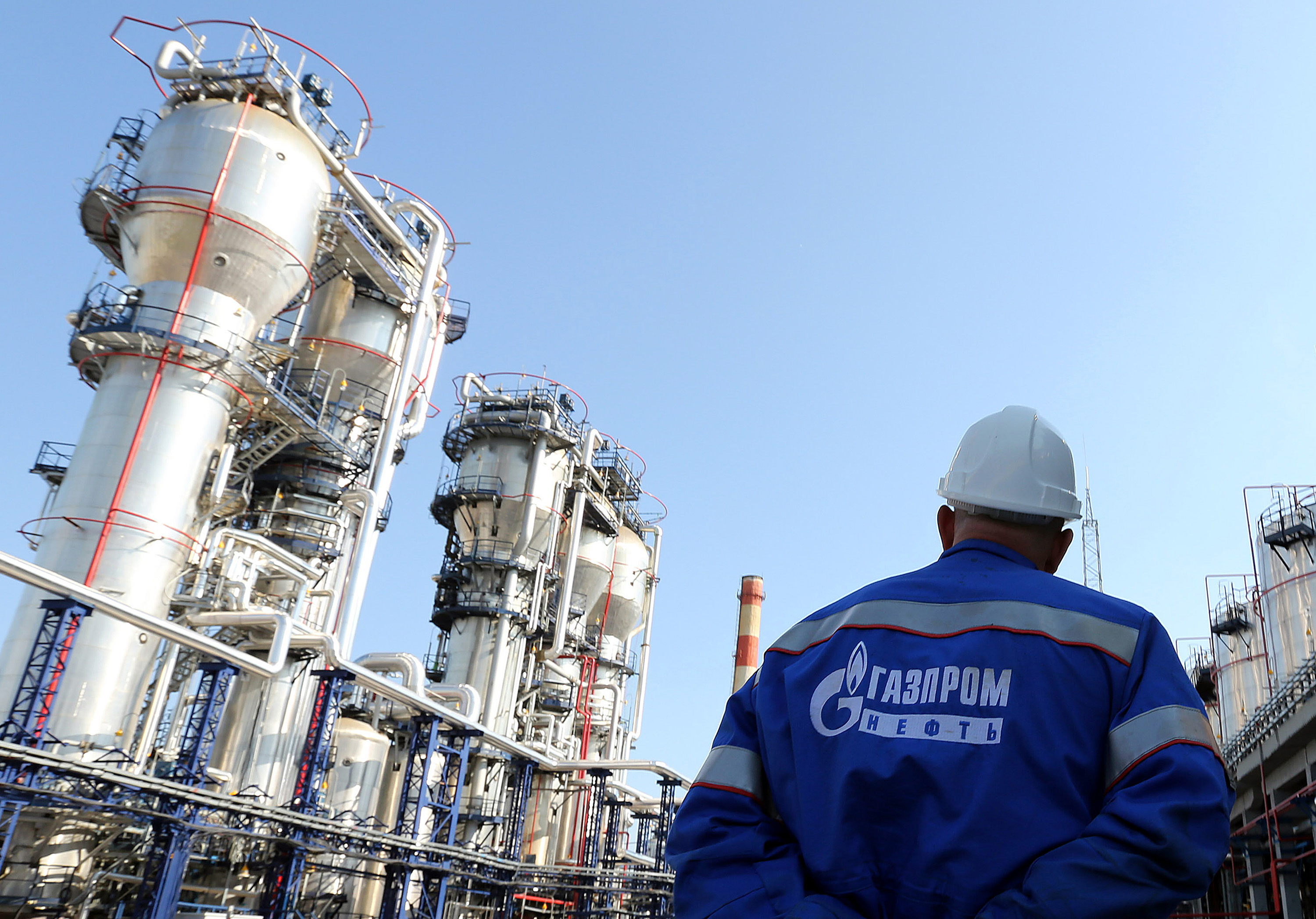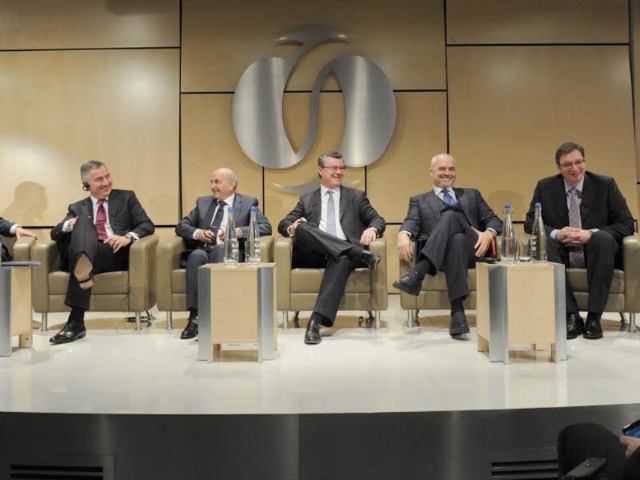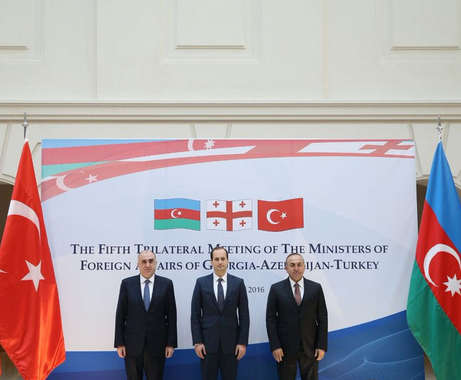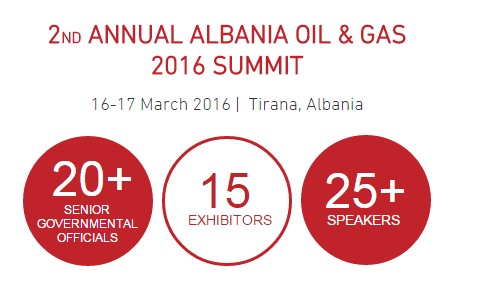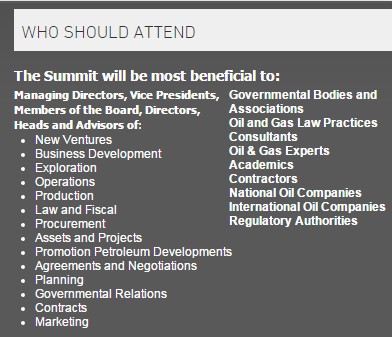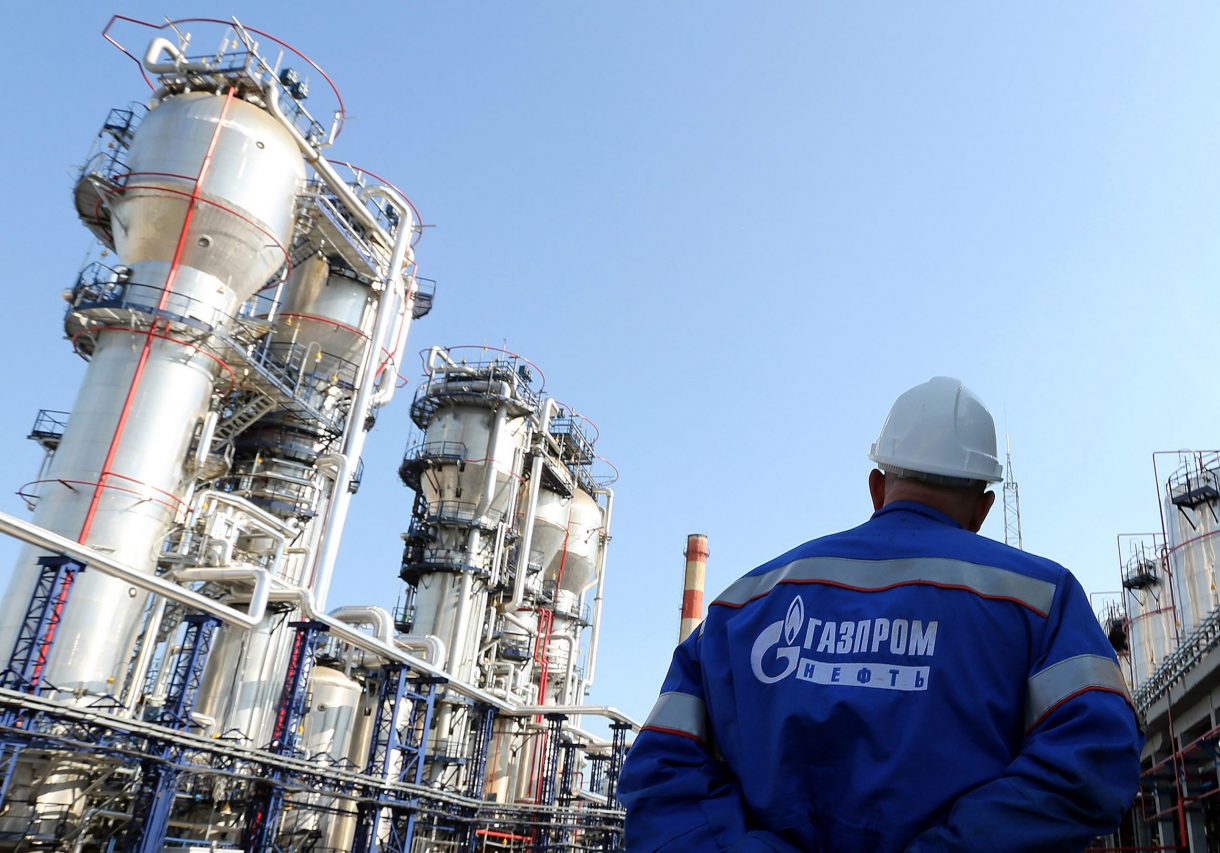
Gazprom Announces New Gas Supply Route under Black Sea
Russian energy giant Gazprom has said it signed a memorandum with Italy’s Edison SpA and Greece’s DEPA SA on gas deliveries.
In a press statement, it has explained that according to the memorandum of understanding signed in Rome, gas will be delivered under the Black Sea “via third countries” to Greece and will be transported “from Greece to Italy with the ame of organizing the southern route of supplies of Russian natural gas from Europe.”
In practice, “third countries” could mean either Bulgaria or Turkey.
The announcement is a major development that follows the demise of the South Stream gas pipeline in December of 2014 and the deadlock of its alternative Turkish Stream caused by tensions between Ankara and Moscow.
Russian business daily RBC quotes Mikhail Korchemkin, who heads the East European Gas Analysis, as suggesting that the expression “third countries” in Gazprom’s statement means mostly “Bulgaria”.
It has opined the press statement by Gazprom means a new Black Sea pipeline is now in the planning stage.
“The agreement reflects the interest of countries along the route in deliveries of natural gas from Russia under the Black Sea bed via third countries to Greece and from Greece to Italy,” the statement also reads.
“The development of intra-European gas transport capacities is an important ingredient of the increase of reliability of gas supplies, including Russian ones, to consumers all across Europe,” Gazprom CEO Alexey Miller is quoted as saying.
Gazprom says it is intending to make “maximum use” of work done by Edison and DEPA under the so-called “ITGI Poseidon” project – one described by its own website as infrastructure completing the natural gas corridor through Turkey, Greece and Italy. The interconnection Turkey-Greece-Italy itself is called “ITGI” and is part of the Southern Gas Corridor project, aimed at transporting gas from places such as Azerbaijan to Italy via Turkey, Greece and Albania, untr the Adriatic.
This has given some media outlets ground to speculate on whether the new project will be named “Poseidon”.

